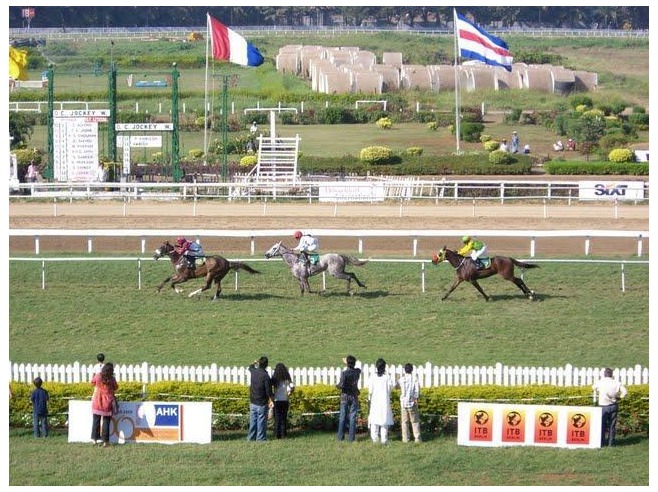Legal & Regulatory
US Second Circuit Court overrules lower court decision, holds poker to be gambling under New York law
In a new twist to the landmark 2012 United States of America v. Lawrence Dicristina decision delivered by the New York federal court, the United States Second Circuit Court gave a separate interpretation to the federal Illegal Gambling Business Act (IGBA) to reverse the acquittal of Lawrence Dicristina and others. The Court while interpreting the IGBA relied on New York state law definition of the term “gambling” which includes mixed games of chance and skill under its ambit to convict Dicristina. Dicristina had not contested the precedent that poker falls within the definition of gambling under New York law but merely contended that poker does not fall within the ambit of “illegal gambling business” as defined by the federal IGBA.
The Court while rejecting Dicristina’s argument held that since IGBA did not directly define “gambling” (IGBA only defines illegal gambling business and gives an illustrative list of activities such as pool-selling, bookmaking, slot machines, roulette wheels, dice tables, lotteries etc. that could be covered under the definition of gambling) reference has to be made to state statutes on gambling. The Court cited precedents and legislative history to conclude that poker is covered within the ambit of IGBA (at least when read with New York state penal laws).
While this decision is certainly a minor setback for the gaming industry in the United States, contrary to popular perception, this decision will not have any significant impact on any gaming law jurisprudence in India or elsewhere; as the Court had simply not gone into the merits of whether poker can to be construed as a game of skill. The Court merely reiterated New York state’s position of holding poker to be gambling under its state law (which includes mixed game of skill and chance within the ambit of gambling). This verdict will only have a significant impact on the interpretation of IGBA in USA.
Thee only option available with Dicristina is to prefer an appeal directly to the United States Supreme Court against this decision, though it could not be ascertained whether he would indeed prefer such an appeal.
Note: A copy of the Second Circuit Court decision can be accessed here.


















